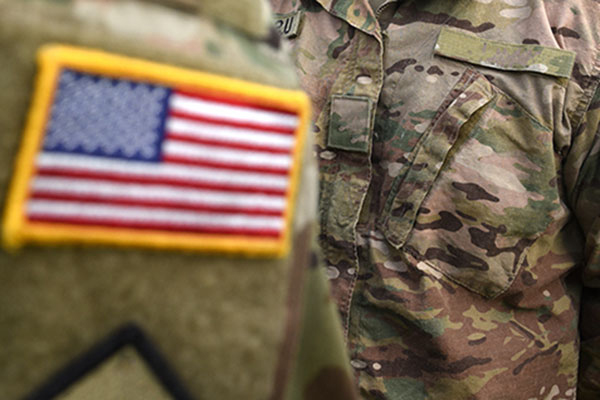The United States veteran population is some 20 million strong, many of whom face health challenges separate from non-Veterans. Due to their military training, Veterans have a well-defined culture that is strong on values, codes of conduct, respect of superiors, and customs to name a few. Due to this culture, Veterans face different health challenges that family, friends, and health professionals need to be aware of. Advances in medicine have allowed many more Veterans to survive once-fatal injuries. However, this often comes at the cost of mental health. A successful transition from the battlefield to civilian life rests on being able to spot the many health issues Veterans face and assisting them in getting the help they need.
A study titled “US Veterans and their unique issues: enhancing health care professional awareness” published in the US National Library of Medicine and available here, identifies four health issues specific to United States Veterans:
1. Mental Health Disorders
33% of Veterans are diagnosed with at least one mental health disorder. According to the US Government Accountability Office, 2.1 million Veterans received mental health treatment from the Department of Veterans Affairs from 2006 to 2010. Only about one-third of those diagnosed with a mental health issue actually seek treatment. Often, Veterans will feel embarrassed or shame about needing mental help. It is important for family and friends to help change this stigma and ensure Veterans get the help they need.
2. Substance Use Disorders
The extreme stress of military service causes Veterans to often seek out a vice, which may take the form of alcohol, tobacco, or drugs. A 2013 study titled, “Enhancing veteran-centered care: a guide for nurses in a non-VA setting” found that both cigarette and alcohol consumption is higher among Veterans than the general population. Treatment of an underlying condition, such as post-traumatic stress disorder (PTSD), has been found to reduce tobacco and alcohol consumption in some Veterans. Sometimes, long term care is required.
3. PTSD
PTSD results from directly or indirectly experiencing a traumatic event. Military personnel are nearly four times as likely to be diagnosed with PTSD. The American Psychiatric Association diagnoses PTSD with the presence of four symptoms: intrusive symptoms (flashbacks), avoidance of reminders (isolation), negative thoughts and feelings, and exaggerated reactivity symptoms. Social support is a large facet of the treatment plan for Veterans with PTSD.
4. Depression
Depression is among the most treatable mental health disorders that Veterans face. Although likely underdiagnosed, the National Alliance on Mental Illness states that the depression rate for Veterans is 14%, but the treatment success rate is between 80-90%. If you know a Veteran who you believe is suffering from depression, it is vital that you assure them there is nothing “weak” or embarrassing about seeking help, and that depression is often treatable.
Veterans often have a challenging time acclimating to civilian life after being at war for any length of time. However, providing them with a strong support system, along with all of the help available to them through private care and the Department of Veterans Affairs, a smooth transition to civilian life can be achieved. Contact our office in Albuquerque at (505) 830-0202 if you would like help with a current situation or assistance with Veterans benefits.


Wow! I really like your newsletter. Thank you very much for putting me on your mailing list. I look forward to the next one!
An outstanding account of Veterans’s: PTSD …information is on target.
I was led back to this article as we continue to serve our Veterans through this COVID-19 crisis. Foolishly, I did not anticipate the level of angst the pandemic would precipitate among our Veterans. One person mentioned to me that the “random danger” of contracting the virus was frightening to them. She continued on to say that it worried her that she had no “for sure” way of protecting herself, no matter how careful she was. Her perspective gave me pause, I suspect she was voicing the thoughts of many.